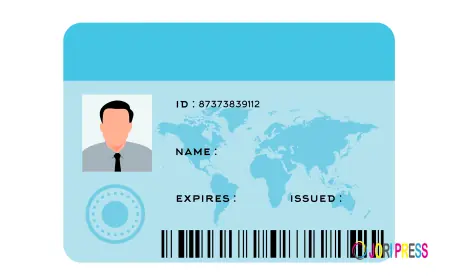Short Film Script and Movie Script Writing: Key Differences Every Writer Should Know
Discover the key differences between a short film script and movie script writing, from structure to pacing, and choose the right format for your story.

For anyone stepping into the world of screenwriting, understanding the difference between a short film script and movie script writing is crucial. While both involve crafting a compelling story for the screen, the approach, structure, and creative demands differ significantly. Whether you’re an aspiring filmmaker or a seasoned storyteller, knowing these distinctions can help you create scripts that not only capture your vision but also meet the expectations of the medium.
Understanding the Basics
A short film script is generally written for a project with a runtime of under 40 minutes. These scripts often range between 5 to 40 pages, depending on pacing and dialogue density. They are designed to tell a complete story in a concise format, often focusing on a single idea, conflict, or character journey.
In contrast, movie script writing—often referred to as feature-length screenwriting—caters to films that run between 90 and 120 minutes. These scripts typically range from 90 to 120 pages, providing room for complex plotlines, multiple character arcs, and detailed subplots.
Storytelling Scope and Structure
One of the biggest differences between a short film script and movie script writing is the scope of storytelling.
-
Short Film Script: The structure is lean and focused. Writers must introduce characters, establish the setting, and present the conflict almost immediately. Every line of dialogue and action must serve the story without unnecessary detours. The three-act structure is still common but highly condensed.
-
Movie Script Writing: There is more room for world-building, character development, and gradual plot progression. Writers can explore deeper subplots, introduce multiple locations, and develop a richer emotional arc for each character.
Character Development
In a short film script, characters are usually presented with a single defining trait or challenge. There’s often limited time to explore deep backstories or multiple transformations. Instead, the audience gets a concentrated glimpse of the character’s essence.
In movie script writing, you have the luxury of time. Characters can evolve over several stages, face multiple conflicts, and experience layered growth. Supporting characters also have space to shine, each contributing meaningfully to the main plot.
Pacing and Dialogue
A short film script thrives on brevity. Dialogue is sharp and impactful, often carrying double meaning or subtext to save time. The pacing is brisk—scenes move quickly to keep the viewer engaged in a limited timeframe.
Movie script writing, on the other hand, allows for slower pacing in certain parts. Dialogue can be more elaborate, giving characters the opportunity to reveal personality traits or build tension over time. Writers can afford to include transitional moments that enhance the audience’s immersion.
Budget and Production Considerations
When writing a short film script, budget limitations often influence creative decisions. These scripts tend to feature fewer locations, a smaller cast, and minimal special effects. Simplicity often leads to innovation, as writers must rely on clever storytelling rather than grand production values.
With movie script writing, while budget can still be a factor, there’s generally more flexibility. Feature films may require larger crews, multiple sets, visual effects, and extended shooting schedules. This means scripts can be more ambitious in terms of scope and visual storytelling.
Audience Engagement
A short film script typically aims for immediate emotional impact. The goal is to leave the audience with a lasting impression in a short span of time—whether it’s a surprising twist, a profound message, or a strong emotional punch.
Movie script writing allows for a gradual build-up, pulling the audience into the world of the story over an extended period. Emotional payoffs are often the result of carefully developed arcs and long-term investment in the characters.
Which Should You Choose?
If you are new to screenwriting, starting with a short film script can be a smart move. It allows you to practice essential storytelling skills without being overwhelmed by the complexities of feature-length writing. Short films are also more feasible to produce independently, making them an excellent way to build your portfolio.
However, if you have a story that demands more time, multiple character arcs, and layered plotlines, movie script writing may be the right path. It’s more demanding but offers greater creative freedom and potential for commercial success.
Final Thoughts
Both short film scripts and movie script writing require creativity, discipline, and a clear understanding of storytelling principles. The key is recognizing the unique demands of each format and tailoring your writing approach accordingly. Whether you’re crafting a five-minute drama or a two-hour epic, mastering these distinctions will make you a stronger, more versatile screenwriter.
What's Your Reaction?
 Like
0
Like
0
 Dislike
0
Dislike
0
 Love
0
Love
0
 Funny
0
Funny
0
 Angry
0
Angry
0
 Sad
0
Sad
0
 Wow
0
Wow
0

















































